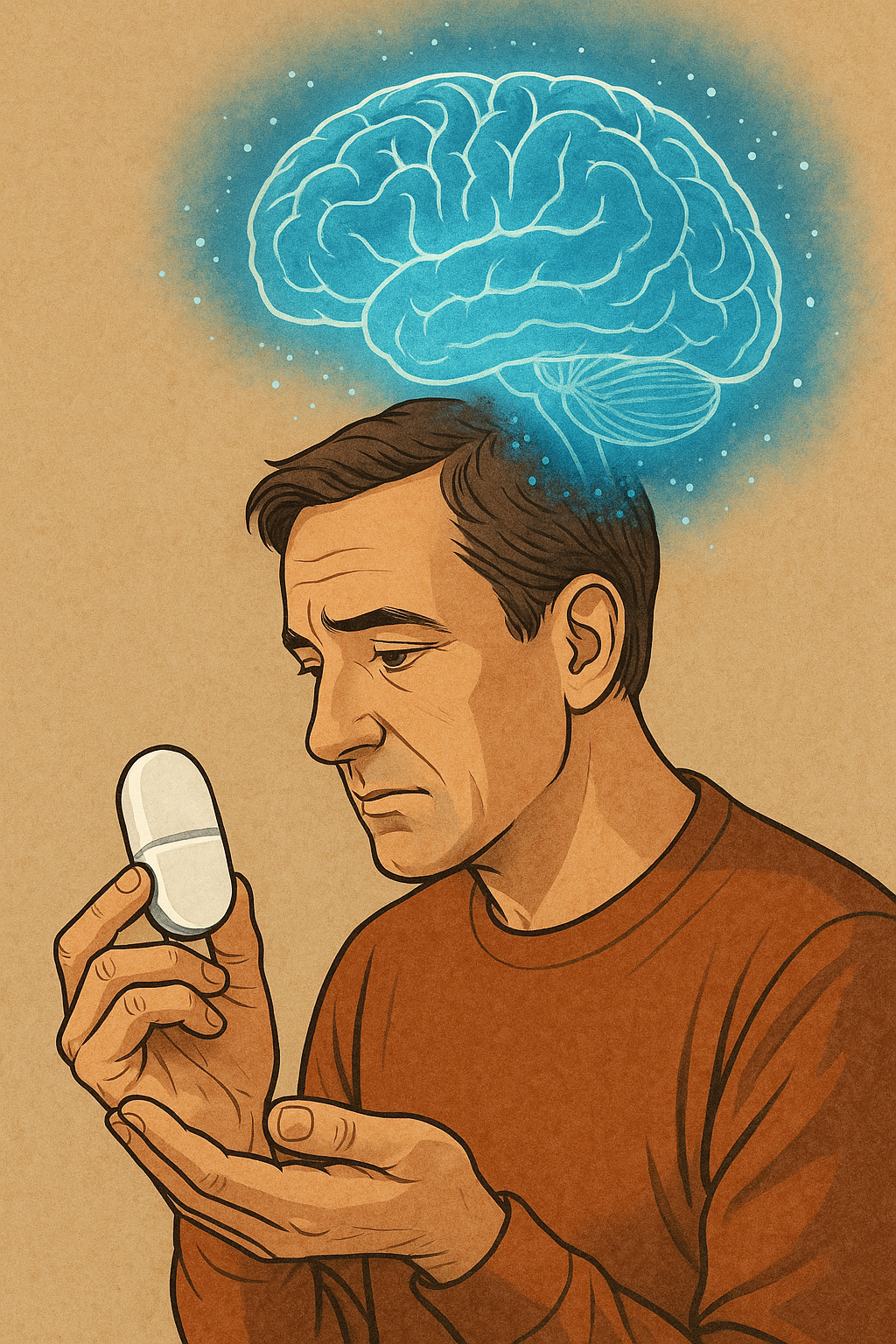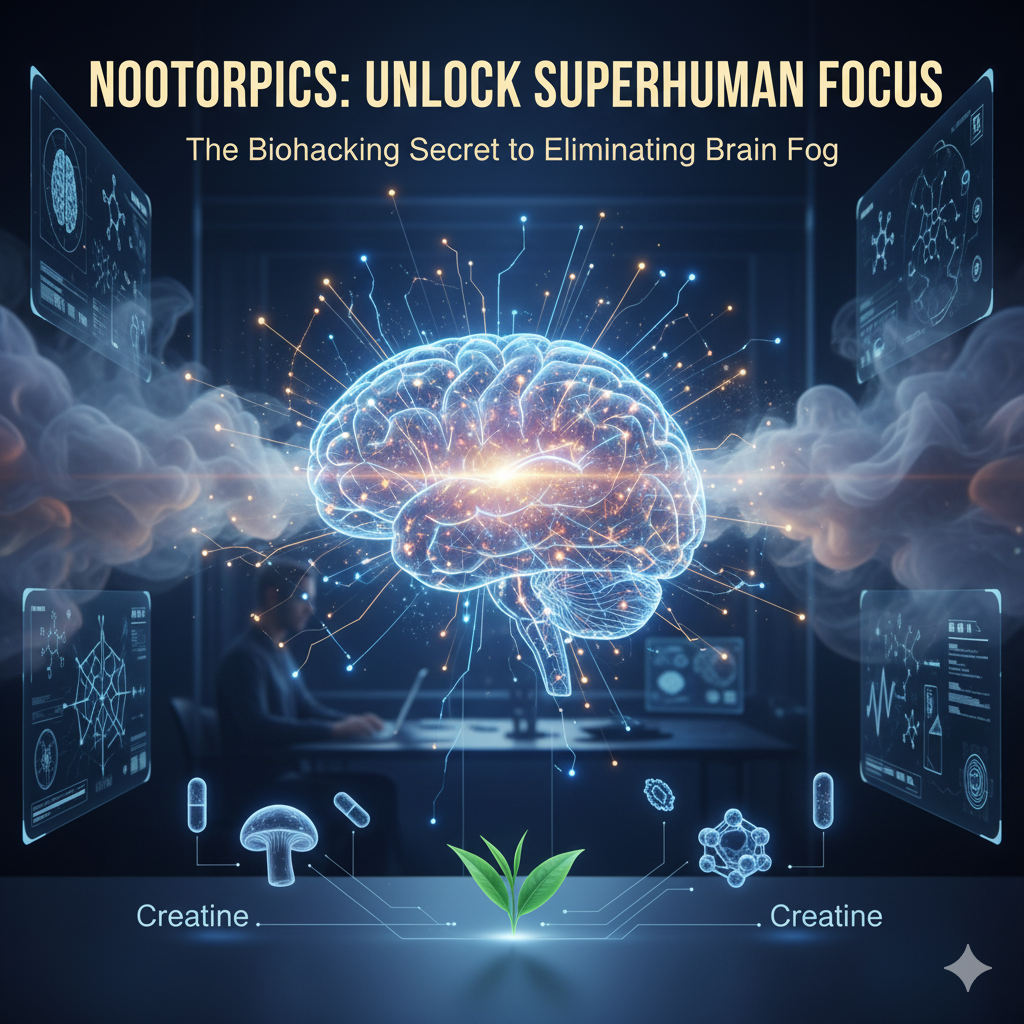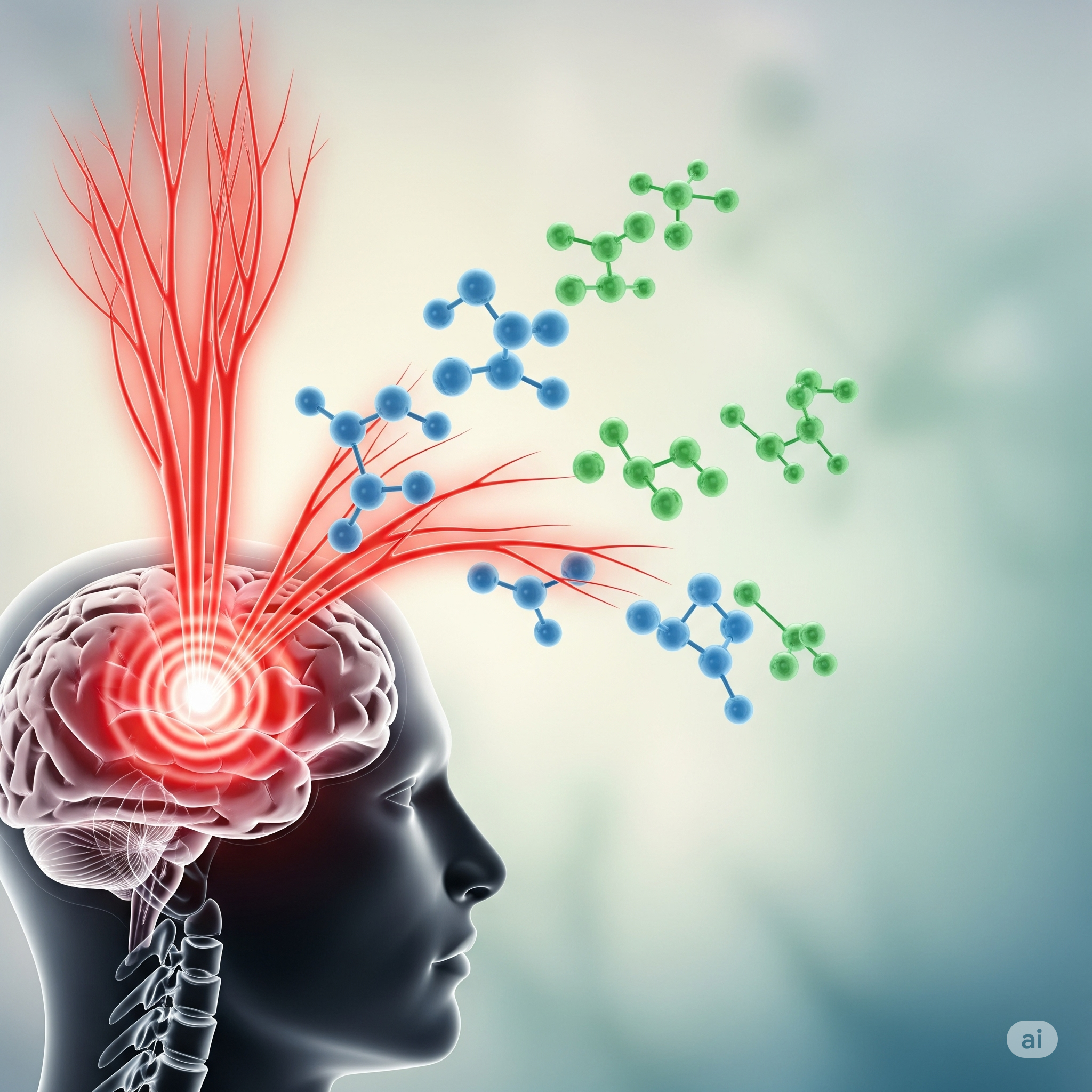Introduction
Imagine this: you take a pill, feel better—and later find out it was just sugar. No active chemicals, no pharmacological effect, just your belief. Yet, somehow, it worked.
Welcome to the paradoxical world of the placebo effect, where the mind becomes medicine. For decades, researchers have puzzled over how inert substances can produce real healing effects in the body. In a healthcare system dominated by measurable biochemistry and hard science, the placebo effect forces us to reconsider what it means to “heal.”
This article explores the neurobiology, ethics, and philosophy behind the placebo phenomenon. Is belief more powerful than biology? Could placebos—under the right conditions—heal us better than real medicine?
1. What Is the Placebo Effect?
The placebo effect refers to beneficial outcomes that occur after a non-active treatment—simply because the patient believes it will work. This isn’t deception or delusion. It’s a real psychobiological phenomenon.
Historically, placebos were seen as controls in clinical trials. But over time, doctors began to realize that placebos themselves sometimes produce measurable improvements in pain, depression, fatigue, and even Parkinson’s symptoms.
It’s not “just in your head.” Placebos trigger real physiological responses, including:
- Increased dopamine production
- Endorphin release
- Activation of brain regions linked to expectation and reward
2. The Brain on Belief: Neurobiology of Placebo
Your brain is a powerful prediction machine. When it expects relief, it starts preparing the body to receive it. Neuroimaging studies show that placebos activate similar brain circuits as actual drugs:
- Placebo analgesia activates opioid pathways, just like morphine
- Placebo antidepressants stimulate serotonin release
- Parkinson’s patients show increased dopamine in the striatum when given fake medications
The prefrontal cortex, which governs expectation, sends signals to lower brain areas, literally shaping how pain, emotion, and discomfort are processed.
In short: belief is biochemical.
3. Placebo vs. “Real” Medicine: What the Data Shows
In clinical trials, double-blind placebo-controlled studies are considered the gold standard. Interestingly, in many trials for antidepressants, NSAIDs, and even some surgeries, placebos have performed surprisingly well.
A few striking examples:
- In mild to moderate depression, placebo often performs 80–90% as well as actual SSRIs (Kirsch et al., 2008).
- Sham knee surgery for arthritis showed equal results to actual surgery in pain reduction (Moseley et al., 2002).
- Migraine patients reported relief from sugar pills labeled as “painkillers.”
These findings have sparked debate: if belief can produce healing, is that healing any less “real”?
4. The Ethical Dilemma: Is It Okay to Prescribe Placebos?
Traditionally, using placebos without patient knowledge was considered unethical—tantamount to lying. Modern bioethics emphasizes informed consent and autonomy.
But here’s the twist: recent studies show that “open-label placebos” (where patients are told the pill is a placebo) can still produce positive effects. This suggests that the ritual of treatment itself holds power, even when the “magic” is exposed.
Key ethical questions arise:
- Is it deceptive to offer hope through placebos?
- Should healing justify the means?
- If meaning and ritual are part of the cure, should medicine embrace them?
5. The Philosophy of Healing: Mind Over Molecule?
From a phenomenological perspective, healing isn’t only about molecular change. It’s also about how we feel and how we make sense of our suffering.
Philosopher Merleau-Ponty argued that the body is not just a biological object—it’s a lived experience. A pill that changes one’s relationship with pain or illness, even symbolically, may be just as “real” in its effect.
In this view, the placebo effect isn’t a trick—it’s a window into how meaning, context, and expectation shape our embodied experience of health.
6. Ancient Rituals, Modern Parallels
Anthropologists have long noted that healing rituals—from shamanic ceremonies to herbal potions—often work not because of pharmacology, but because of social context, belief, and symbolic meaning.
Placebos may be the modern equivalent of such rituals: white coats, pill bottles, hospital smells—each becomes part of a cultural “spell” that helps the patient believe.
In this light, modern medicine might benefit not from rejecting placebo effects, but from reintegrating them—intentionally crafting care environments that harness the mind-body connection.
7. The Nocebo Effect: When Belief Hurts
Just as positive expectation can heal, negative expectation can harm. This is called the nocebo effect.
Patients told a drug has severe side effects are more likely to experience them—even if the drug is inert. Fear, anxiety, and mistrust amplify pain, worsen sleep, and increase cortisol.
Understanding nocebo is critical. It reminds us that how we communicate with patients can literally alter their outcomes.
8. The Future: Harnessing Placebo Without Deception
Researchers are exploring ways to harness placebo power ethically, such as:
- Open-label placebos with patient education
- Placebo-enhancing environments (warmth, trust, narrative)
- Using brain imaging to predict placebo responders
- Integrating mindfulness and cognitive therapies with medication
Instead of dismissing placebo as “fake,” modern medicine is beginning to ask: What if it’s just misunderstood?
Conclusion
The placebo effect is not an illusion. It’s a testament to how belief, care, and expectation influence the human body.
Rather than being embarrassed by placebo responses, medicine can embrace them—not as substitutes for real treatment, but as powerful complements to it. Healing, after all, is not just about eliminating disease. It’s about restoring wholeness—mind, body, and meaning.
Maybe it’s time to admit: sometimes, a sugar pill works not because it’s a chemical, but because you are.


